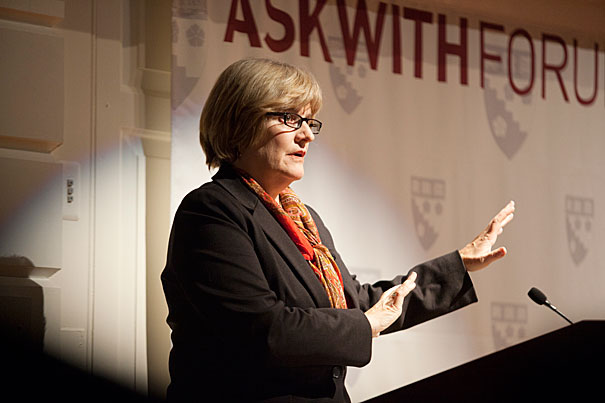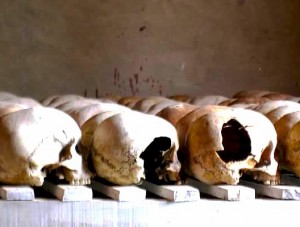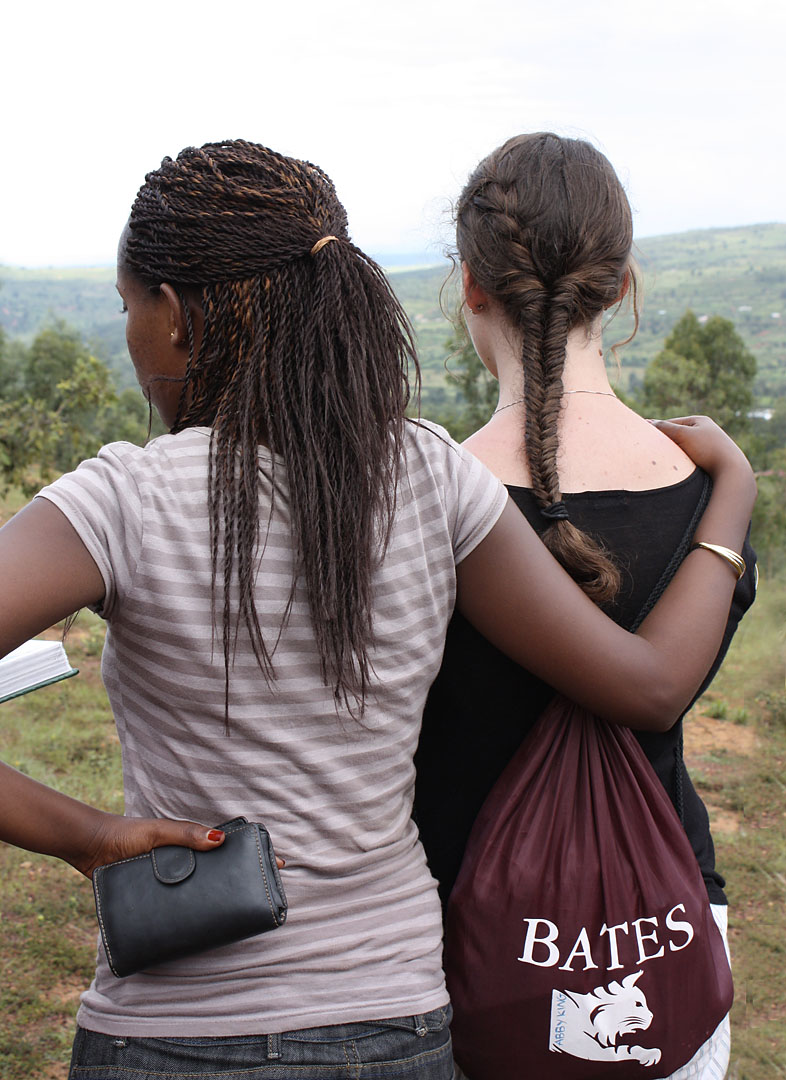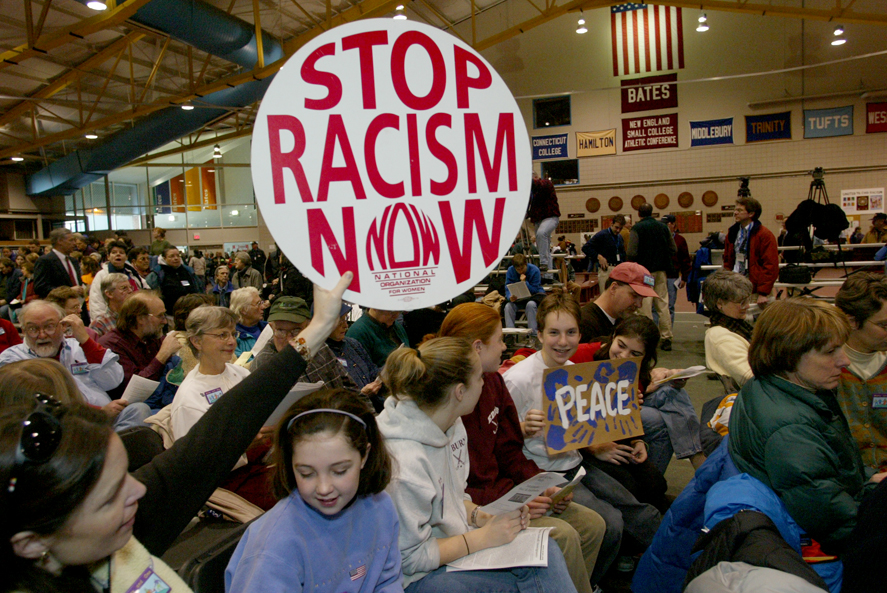
Aliza Luft ’06 examines ‘risky defections’ during the genocide in Rwanda
Writing for the blog Political Violence @ a Glance, Aliza Luft ’06 probes the question of what led some Hutu to “evade participation and help Tutsi” during the genocide in Rwanda, which began 20 years ago this month.
And why, she asks, did some Hutu who killed Tutsi also, at other points, save Tutsi lives?
Luft examines this notion of “risky defections” in her guest post for Political Violence @ a Glance,
While it’s tempting to divide the actors of genocide into perpetrators and victims, “things are not usually so neat,” she writes. “We tend to think of genocides as black and white, or in the case of Rwanda, as Hutu vs. Tutsi. In reality, the truth is much more complicated.”
She writes:
Central to the way social scientists understand who participates in a genocide is the notion of dehumanization — the perception among killers that their victims are less than human. However, interviews often show how some Hutu civilians had nuanced perceptions of their victims, which led them to save some Tutsi, even as they continued killing others….[It] seems as if the process of dehumanization is actually an outcome of participation in killing rather than a precursor to it.
Luft is a Ph.D. candidate in sociology at the University of Wisconsin–Madison and a visiting research scholar at The Graduate Center of the City University of New York.
Her dissertation research examines another act of “high-risk defection” from support for political violence.
In 1941 in France, the Assembly of Cardinals and Archbishops decided to formally support Vichy’s anti-Semitic policies, with one cardinal saying that “no one more than I recognizes the evil that Jews have done to France.”
Ten months later, some of those same clergy deviated from their support for Vichy France to help save Jews, despite the high personal and institutional costs associated with defection.
“I hypothesize that critical events, social networks and pre-existing ideologies informed French bishops’ deviations from the church,” Luft says.
At Bates, Luft designed her own major in genocide studies, an interdisciplinary combining sociology, history and religion. Her Bates honors thesis examined the relationship between Holocaust education and building social capital.






